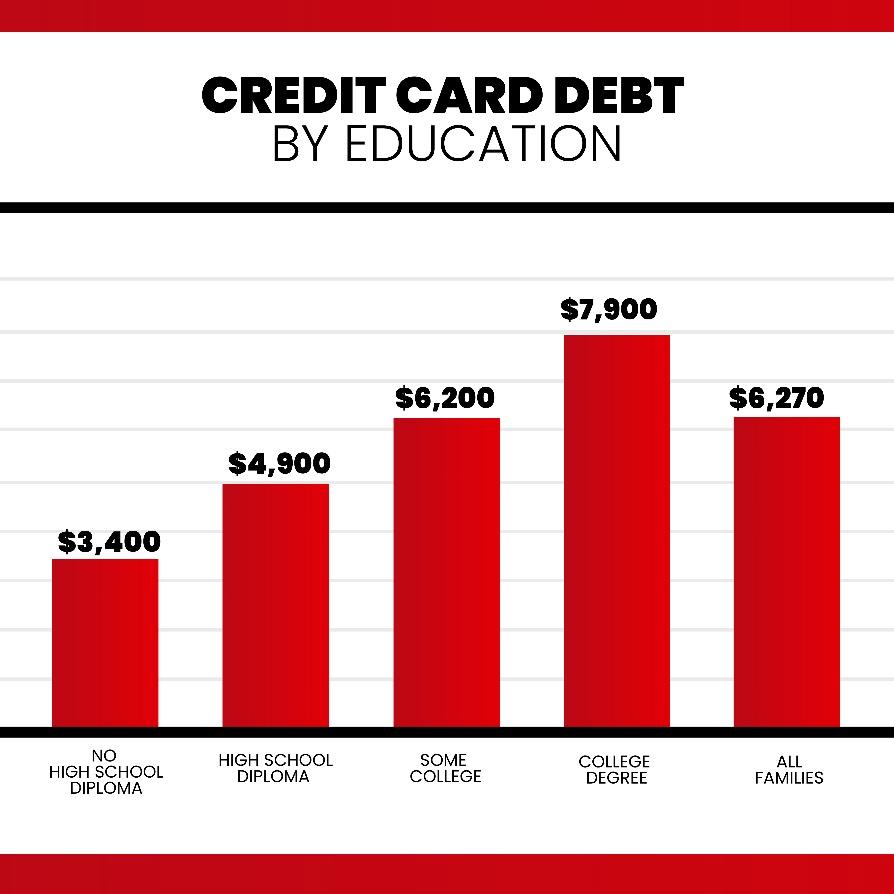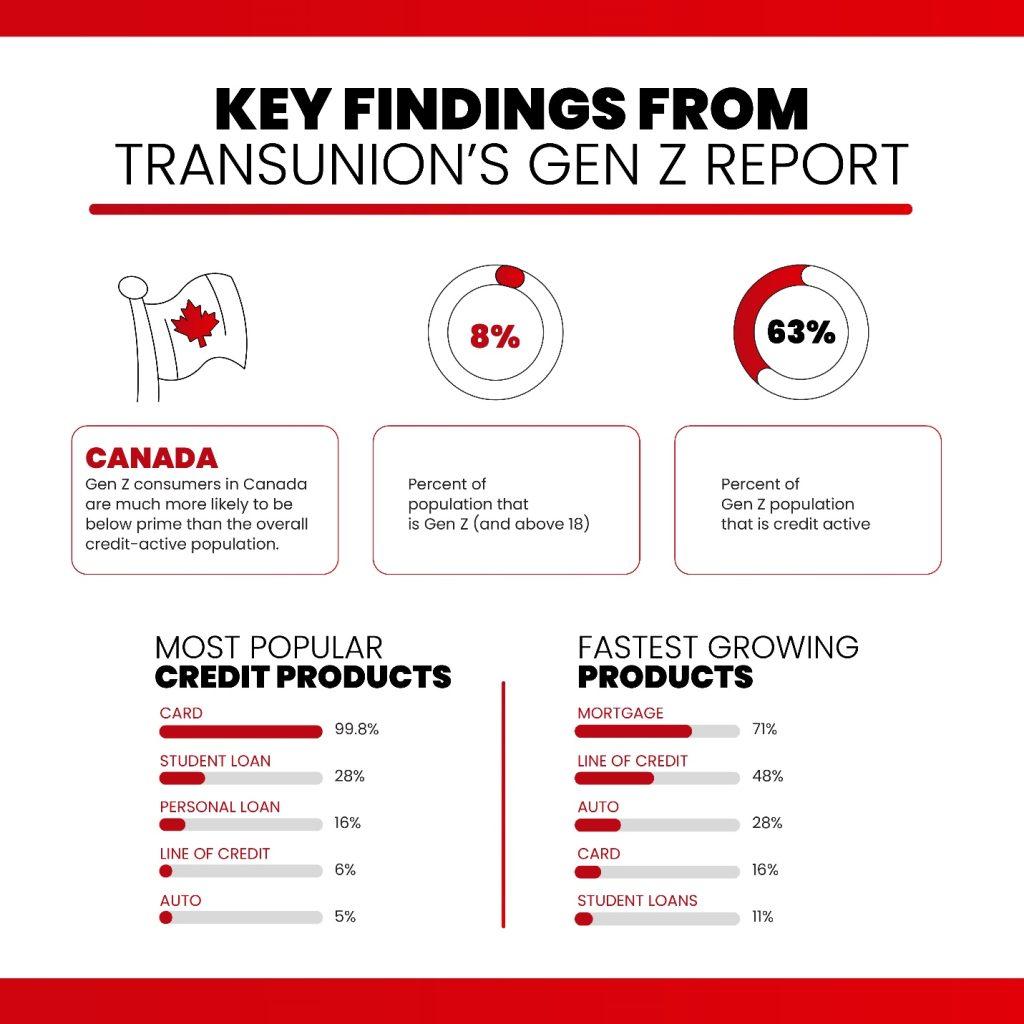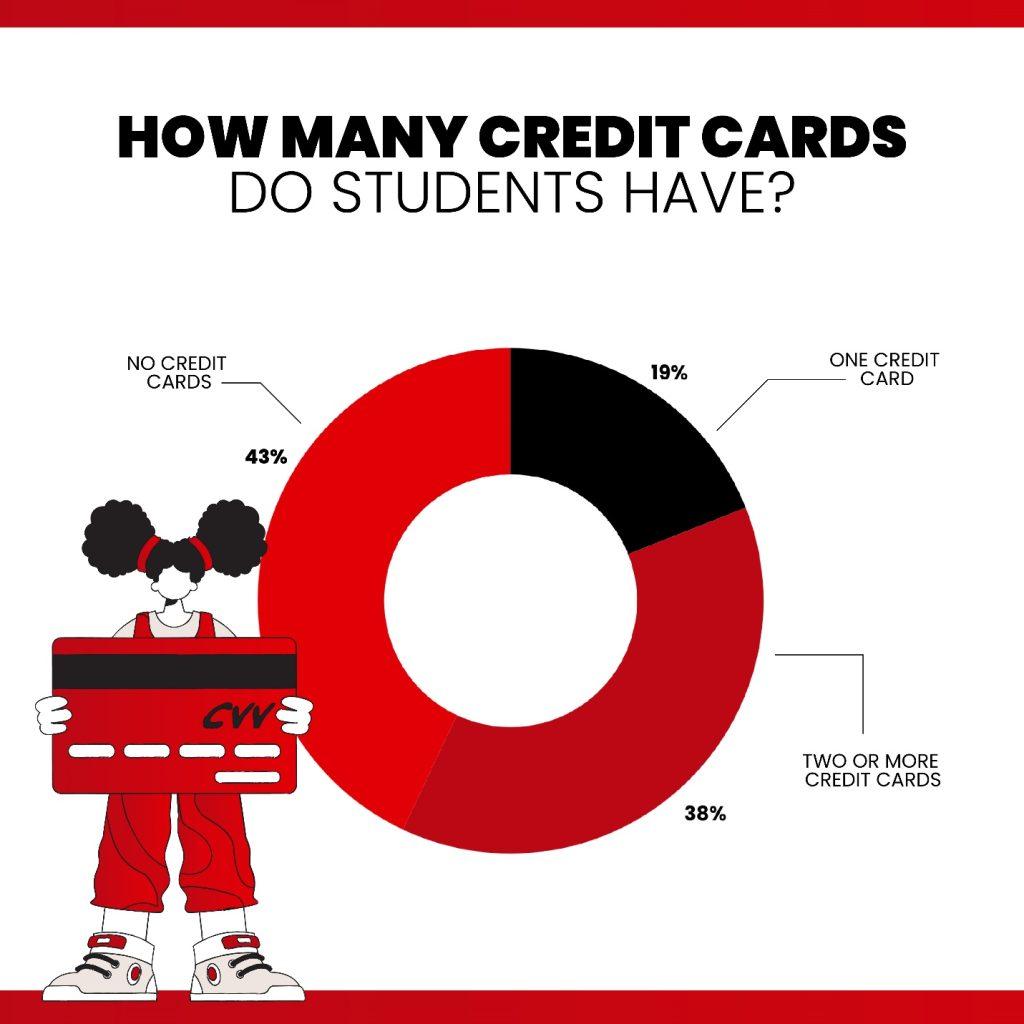Managing finances while in college can be challenging, especially when it comes to using a credit card for the first time. For students, a credit card can be a powerful tool for building a solid credit history, but it can also lead to financial trouble if not used wisely. This guide will help you understand the best student credit card tips and responsible usage practices, enabling you to enjoy the benefits of credit while avoiding pitfalls.
Why Responsible Credit Card Usage Matters for Students
Credit cards provide a convenient way to manage day-to-day expenses, but they also play a significant role in shaping your financial future. Using a credit card responsibly can help you build a strong credit score, which is essential for qualifying for loans, mortgages, and even jobs in the future.

However, mismanaging your credit card can lead to long-term debt and a poor credit score that may take years to repair. For students, understanding how to use a credit card wisely is the first step toward financial independence and security. With that in mind, let’s dive into some essential student credit card tips that will set you up for success.
Choose the Right Student Credit Card
Before you can start using a credit card responsibly, you need to choose one that fits your financial situation. Student credit cards often come with lower credit limits and more lenient qualification requirements than regular cards. When selecting a card, look for features such as:
- No annual fees: As a student, you probably don’t want to pay yearly fees for a credit card. Many student cards come with no annual fee, making them a more affordable option.
- Low-interest rates: While it’s always best to pay your balance in full each month, choosing a card with a low interest rate can help you avoid high charges if you carry a balance.
- Cash-back rewards: Many student credit cards offer cash back credit card rewards on everyday purchases such as groceries and gas. Look for cards that offer at least 1% to 2% cash back.
Canadian students can browse top rated cash back credit cards on the Great Canadian Rebates website to compare options.
Set a Realistic Credit Limit for Yourself
Credit limits on student cards tend to be lower than regular cards, often ranging between $500 and $1,000. However, even with a low limit, it’s crucial to manage your spending carefully. A good rule of thumb is to use no more than 30% of your available credit at any given time. For example, if your credit limit is $1,000, try to keep your balance below $300.
Exceeding this ratio can negatively affect your credit score, even if you pay off your balance in full. If you feel your limit is too high and could lead to overspending, consider calling your credit card company and requesting a lower limit. This strategy ensures you’re using your card in a way that supports your financial goals.
Pay Your Balance in Full Each Month
One of the most important student credit card tips is to pay your balance in full every month. While it might be tempting to only make the minimum payment, this approach can lead to accumulating interest, which adds to your overall debt. By paying your bill in full, you can avoid interest charges entirely and keep your credit card balance from snowballing into a larger problem.
Most credit card companies offer a grace period for purchases, which is the time between the end of your billing cycle and your due date. As long as you pay your full balance before the grace period ends, you won’t accrue any interest. Taking advantage of this can help you save money and maintain financial discipline.

Use Your Credit Card for Budgeted Purchases
When you’re new to using a credit card, it can be easy to fall into the trap of treating it as free money. However, the best way to use a credit card is to limit your spending to what you’ve already budgeted for. For example, if you’ve allocated $100 for groceries each month, use your card for grocery shopping and nothing else. This ensures that you can pay off your balance in full and stay within your financial limits.
By sticking to your budget, you can also take advantage of cash back credit card rewards on essential purchases without overspending. Many cards offer bonuses for spending in specific categories such as groceries, transportation, or entertainment, so make sure to track your spending to maximize rewards without exceeding your budget.
Monitor Your Credit Card Activity Regularly
It’s essential to keep a close eye on your credit card activity to avoid fraudulent charges and stay on top of your spending. Many credit card companies offer online portals or mobile apps where you can review your transactions in real-time. Monitoring your account helps you spot any errors or unauthorized purchases quickly so you can report them to your card issuer and avoid unnecessary charges.
Checking your account regularly also gives you a clearer picture of your spending habits, helping you adjust your budget if necessary. This is especially important for students who are balancing tuition, rent, and other living expenses. Staying aware of your financial situation can prevent surprises when your credit card bill arrives.
Avoid Using Credit for Non-Essential Purchases
It can be tempting to use your student credit card for things like dining out, shopping, or entertainment, but it’s essential to prioritize your spending. Credit cards should primarily be used for necessary expenses or purchases that you’ve budgeted for, such as groceries, textbooks, or transportation costs.
By limiting your credit card usage to essential expenses, you can avoid unnecessary debt and free up your credit limit for emergencies. For larger non-essential purchases, consider saving up cash instead of using credit, as this can help you avoid accumulating debt that could be difficult to pay off later.
Understand the Interest Rates and Fees
Knowing how your credit card’s interest rates and fees work is critical to using it responsibly. Most student credit cards have two types of interest rates: the purchase interest rate and the cash advance interest rate. The purchase interest rate applies to everyday transactions, while the cash advance rate is much higher and applies to withdrawals or other cash-like transactions.
Many students are unaware that interest on cash advances begins accruing immediately without a grace period. Therefore, it’s best to avoid taking out cash advances with your credit card. Additionally, be mindful of late payment fees, annual fees (if applicable), and foreign transaction fees if you’re using your card abroad.

If you’re planning to study abroad or travel, consider applying for travel credit cards with no foreign transaction fees. These cards can save you money on international purchases.
Build Credit Gradually with Responsible Usage
One of the main benefits of having a student credit card is that it helps you build a credit history. However, it’s important to use your card consistently and responsibly over time to improve your credit score. Credit scores are based on several factors, including your payment history, credit utilization, and the length of your credit history.
The longer you maintain a student credit card in good standing, the better it will reflect on your credit score. This can open doors to future financial opportunities, such as lower interest rates on loans, higher credit limits, and even better credit card rebates in the future. Remember, building a solid credit history takes time, so be patient and stay consistent.
Don’t Apply for Multiple Credit Cards at Once
As a student, it can be tempting to apply for multiple credit cards to take advantage of different cash back credit card rewards or bonuses. However, applying for several credit cards at once can hurt your credit score. Every time you apply for a new card, the issuer performs a hard inquiry on your credit report, which can lower your score temporarily.
Instead of applying for multiple cards, focus on using one credit card responsibly. As you build a solid credit history and your financial situation improves, you can consider applying for other cards down the road, such as top-rated cash back credit cards or travel credit cards with higher rewards.
Take Advantage of Credit Card Rewards
Many student credit cards offer rewards such as cash back on purchases, travel points, or discounts at specific retailers. By choosing a card that offers rewards in categories where you spend the most, you can earn money back on everyday purchases. For instance, if you frequently buy groceries, select a card that offers higher cash back rates in that category.
It’s important to remember that while rewards can be beneficial, they should not encourage you to spend more than you can afford. Always prioritize paying off your balance in full before focusing on earning rewards. A useful tool for Canadian students is Great Canadian Rebates, which offers credit card rebates and rewards for various purchases.
Know When to Ask for Help
If you find yourself struggling to manage your credit card or falling behind on payments, it’s important to ask for help early. Many credit card companies offer financial counselling or hardship programs for customers who are facing difficulties. Seeking assistance before your debt becomes unmanageable can save you from damaging your credit score and incurring additional fees.
Additionally, consider reaching out to a financial advisor or using budgeting apps to help you get back on track. Managing finances as a student can be overwhelming, but there are plenty of resources available to help you succeed.
Plan for Life After Graduation
While student credit cards are designed for young adults with limited credit history, they also lay the foundation for your financial future. As you approach graduation, you may want to transition to a different type of credit card that offers better rewards, such as top-rated cash back credit cards or travel credit cards. However, it’s crucial to maintain the good habits you’ve developed during your time as a student.
By continuing to pay your bills on time, keeping your credit utilization low, and monitoring your spending, you’ll set yourself up for long-term financial success. Plus, a strong credit score will help you secure loans, rental agreements, and even job offers once you enter the workforce.
Final Thoughts on Responsible Credit Card Usage
Using a credit card as a student is a major responsibility, but when used correctly, it can provide numerous benefits. By following these student credit card tips, you’ll not only avoid the common pitfalls of credit card debt but also build a strong financial foundation for the future.
Remember to choose the right card for your needs, spend within your budget, and always pay your balance in full. With careful management, your student credit card can become a valuable tool in your financial toolkit, helping you earn rewards and build credit while staying debt-free.
Search For the Best Cashback Card for Online Shopping
If you’re looking for cards that offer fantastic cash back or credit card rebates, you’ve come to the right place! Great Canadian Rebates is an online platform that lets Members compare credit card options available in Canada and apply for the one that best suits their financial and lifestyle requirements.
It’s free to join, and Members can also choose from over 700 well-known merchants and enjoy great rebates, deals, and discounts. Visit the website today for more information.


